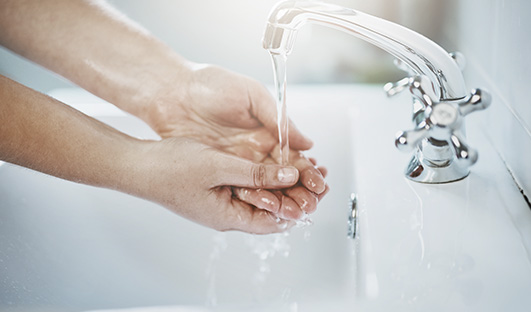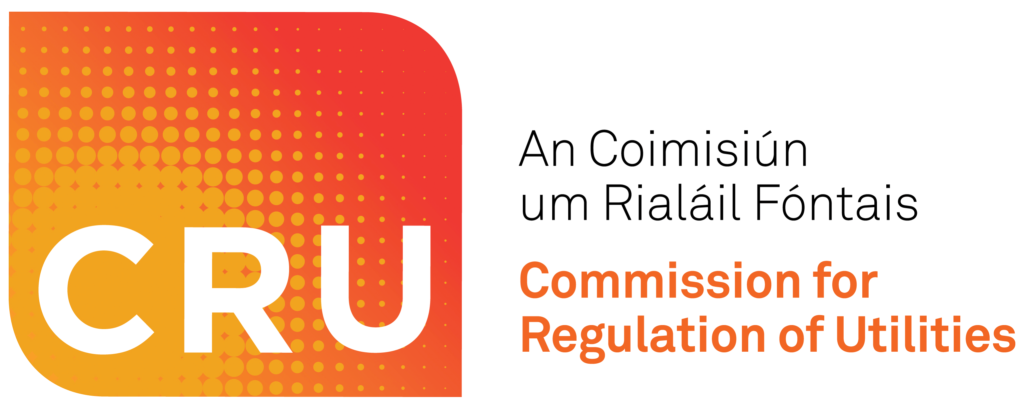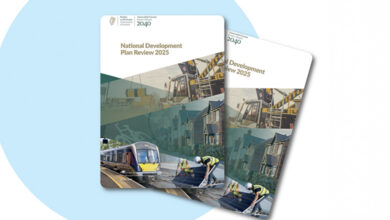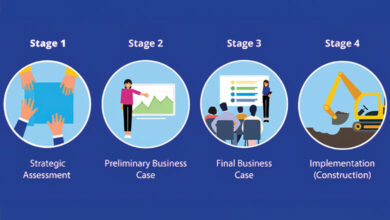Regulation of an evolving water sector

The Commission for Regulation of Utilities (CRU) is the independent economic regulator of the public water sector in Ireland. Its role is to protect the public interest and, since 2014, it has regulated the activities of Irish Water, who provide public water and wastewater services to homes and businesses across Ireland.
The absence of competition for public utilities like Irish Water heightens the need for strong, independent regulation to hold Irish Water to account and challenge it to deliver its services efficiently and equitably, in the interests of all its customers.
The CRU’s updated Strategic Plan, covering 2022-2024, commits to providing effective regulation which delivers secure, high-quality water and wastewater services. This includes reporting on performance and delivery by Irish Water in improving water quality, environmental compliance, and leakage reduction.
2021 was a year that saw the significant development of new national non-domestic water tariffs being introduced. 2022 has continued to see the harmonisation of other charging policies, while challenging Irish Water to deliver a high-quality service to its customers.
Disconnection and reconnection policy
In April 2022, a decision was made to harmonise disconnection and reconnection processes and charges within a national framework for all Irish Water customers to provide a single, simple, and transparent charging policy, in line with recent connections and non-domestic tariffs decisions. Under the new policy, domestic and non-domestic customers can be either temporarily or permanently disconnected from Irish Water’s network. Charges will only apply to temporary disconnections; permanent ones will be free.
Where customers were temporarily disconnected, they will have the opportunity to reconnect to Irish Water’s network. If customers have been permanently disconnected from the network, they must apply for a new connection and be subject to the charges and policy decisions set out in the connection charging policy.
While permanent disconnections will be free for both domestic and non-domestic properties, for temporary disconnections, the rates will be dependent on the reason for the temporary disconnection.
Public group water schemes
Earlier this year, the CRU published a decision on new public group water scheme charges, again introducing a more harmonised and equitable system of charges.
Group water schemes are independent community-owned enterprises consisting of two or more houses (and sometimes non-domestic premises) on a shared water distribution system. Public group water schemes are those that are connected to, and supplied with treated water from, the Irish Water public water network.
Public group water scheme connections are currently charged tariff rates (standing charges and volumetric charges) and receive domestic allowances from Irish Water which were set by the local authorities around the country prior to 1 January 2014. This means that public group water scheme connections across the country are currently being charged different tariff rates and are in receipt of different levels of domestic allowance(s).

The CRU’s decision on the new charges will be implemented on 1 October 2022 and bring all public group water scheme connections fully under the Non-Domestic Tariff Framework by 1 October 2024. A more harmonised approach will benefit these public group water scheme connections in terms of transparency, simplicity, and equity.
First fix policy
In 2021, the CRU published a decision to expand the eligibility criteria for Irish Water’s First Fix Scheme. The scheme entitles qualifying domestic customers to a leak investigation and repair to their external supply pipe free of charge. The scheme to date has been effective in reducing customer side leakage, while accounting for a small portion of Irish Water’s overall capital programme. The scheme saved a cumulative 155 million litres per day (MLD) in the period 2015-2019. This vast amount of water equates to the average usage of 450,000 Irish households every year.
Following a public consultation, the CRU expanded the scheme to the following types of customers:
• unmetered customers;
• mixed-use customers with a predominant domestic use;
• customers with a shared service connection;
• unregistered customers; and
• customers with no internal stop valve.
This will allow as many domestic customers as possible the opportunity to have a leak fixed and reduce usage.
Irish Water financial incentives decision
Also in 2021, the CRU published a decision relating to financial incentives that will apply to Irish Water for the period until 2024. Financial incentives encourage utilities to meet and exceed performance criteria and are a key mechanism through which the CRU seeks to protect the interests of Irish Water’s customers.
The decision created two non-domestic billing incentives to encourage efficient billing and correct billing of non-domestic customers, and also another incentive towards the collection of bad debt. Irish Water is incentivised to achieve targets under the billing incentives as it is allowed to keep a portion of the additional revenues generated through identifying and correctly billing non-domestic customers. This is important as customers connected to the network but not paying a bill, or under-paying for their service, impose costs on the Irish Water network which is ultimately passed on to other customers.
Additionally, a new leakage reduction incentive was introduced for the current revenue control period. This encourages Irish Water to meet its leakage reduction targets through its various work programmes and as funded under the CRU’s revenue control decision. For this incentive, Irish Water has an overall leakage reduction target of 176 million litres of water a day (176 MLD) by the end of 2024.
W: www.cru.ie






